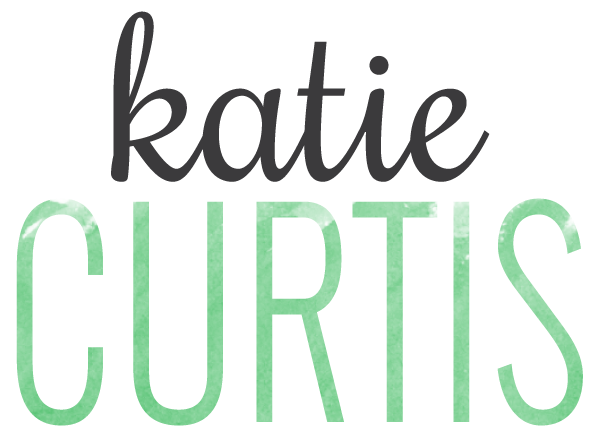Memento Mori: One Year Later

I wrote my eulogy when I was 22.
It was part of a course I took for my job in investments, to help develop personal growth and time management. It was an exercise that was meant to focus you on your deepest longings, goals and desires.
When I wrote my hypothetical eulogy, my dad had died three years before. So to me, eulogies weren’t hypothetical. They were real things like baseball scores and sunsets.
It was perhaps a bit ironic that writing that eulogy made me want to quit my job and write. I realized once I got a job in the real world, and took that course, that my longing to think about what was true, to touch people’s hearts about what matters most, was the loudest truth I could hear.
And that is the thing about eulogies. They make us listen to our deepest longings and dreams. And our world so desperately needs us to hear them. Writing mine pointed me towards grad school in philosophy and writing novels and being a mother. I can’t imagine going back to the girl I was before I thought deeply about my death.
Tomorrow marks one year ago when the world shut down due to the Coronavirus. Over 500,000 people have died. Death is on our minds now in a more technicolor way than ever and so many people have had to grieve loved ones. Our lives have turned upside down in unimaginable ways and we are still not back to the normal before. I can barely picture a time when my car wasn’t covered in masks.
It was Lent then, as it is now, a season where we focus on memento mori – a Latin phrase that means ‘remember our death’.
There is this paradox that exists where remembering our death leads us to living life more deeply. If we can remember that we are ashes and to ashes we return, and we realize there is a great God who loves, despite our limits and weakness, it can set us free. We are liberated from a paralyzing fear of death. With that clear picture, we can make the most of our lives. We can love others well. We can prioritize, discover what is most important to our hearts, and let the rest go. If we put our lives into the hands of the one who conquered death, it yields peace and joy for the present moment – always our tangent point to eternity – and the awareness of storing up forever treasures in Heaven by offering everything we have and everything we are. We get to put into perspective how this life is so, so short compared to eternity.
St. Theresa of Avila said, “It’s Heaven on the way to Heaven, and Hell on the way to Hell.”
There is such a peace that comes from prioritizing loving Him, and then loving others. From the understanding that he redeems not only the broken parts of us but the beautiful parts too. The whole story is not just death, but also the Resurrection.
The season of Lent is a reminder of our death, and a Pandemic Lent reverberates even louder. Through the last year I’ve thought of a quote a lot from General John Stark, (who happens to be my husband’s great-great-grandfather and my son Andrew Stark shares his name). He wrote a letter from which the line ‘Live Free or Die’ is taken, which New Englander’s recognize as New Hampshire’s license plate slogan. What I thought about a lot is the other half of the quote which often gets forgotten:
Live free or die: Death is not the worst of evils
And that seems to be exactly what we need to remember.
The unfulfilled potential, the prisons we spend our life in, the fears that hold us hostage. The unexamined life where people stay unconscious to their hopes and dreams. There are worse things than death, like a life not lived.
If you haven’t already I highly encourage you to write your eulogy. Almost every growth course or life coach I have looked into has you write one because it is powerful. What becomes urgent when we do is what we give to others. Service, love, compassion, being present. Everything else fades and makes you want to eliminate it from your life. Selfishness flees and ego-driven pursuits become glaringly obvious under the searing fire of the truth.
I hope that this year has taught people a taste of what matters most. What sustains us and ways we can find joy in the present moment, in loving others despite a lot of limits on our lives. I hope everyone can say that they can’t imagine going back to being the person they were before the Pandemic, before they thought deeply about their death.
I’ve since written more eulogies. I wrote one for my funny, gregarious brother eight years ago who died of MS. My sister wrote a beautiful one for our sweet sister last year. I know death stings. Jesus wept when Lazarus died. But that isn’t the whole story.
Death is not the worst of evils.

Leave a Reply
Want to join the discussion?Feel free to contribute!